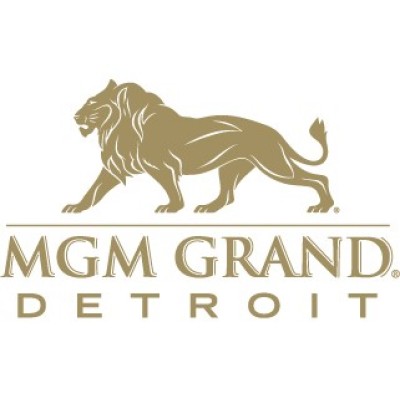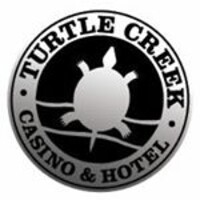
MGM Grand Detroit
MGM Grand Detroit is the city’s first and only downtown hotel, gaming and entertainment destination built from the ground up. The hotel features 400 chic and stylish guest rooms, including nine rooftop VIP suites and 56 opulent corner suites. The 147,000-square foot casino includes Detroit’s only premier poker room, nearly 150 table games, and nearly 2,500 of the hottest slots and video poker machines. Guests enjoy signature restaurants including Detroit’s modern steakhouse & lounge, D.PRIME; the hotel's own sports pub, TAP at MGM Grand Detroit; an urban food hall, Detroit Central Market; several bars and lounges; Detroit's premier sports betting destination, BetMGM Sports Lounge and IMMERSE, the only resort-style spa in Southeast Michigan. More than 30,000 square feet of meeting space hosts everything from large corporate events to intimate black-tie affairs. MGM Grand Detroit is a wholly owned subsidiary of MGM Resorts International (NYSE: MGM). For more information, visit mgmgranddetroit.com or call toll free at (877) 888-2121.






